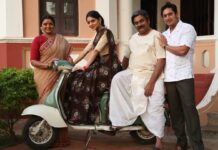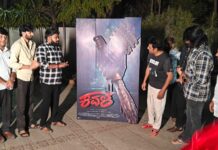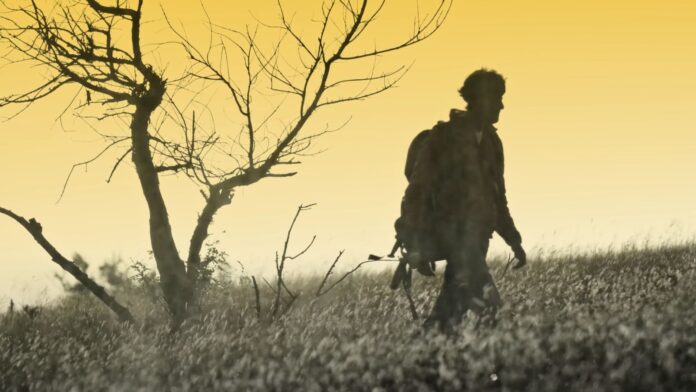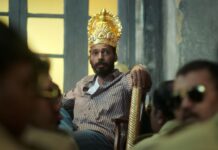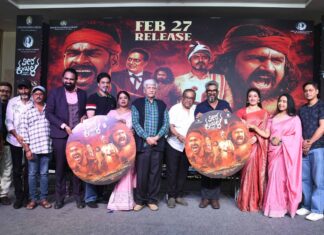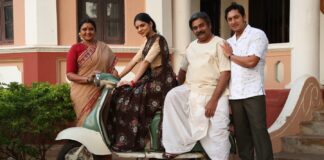Mungaru Male is a cult classic in Kannada cinema, introducing a team—both on and off-screen—who became trendsetters. Director Yogaraj Bhat cemented his place as the go-to name for pure entertainment. Naturally, Manada Kadalu invites comparisons, reuniting Bhat with producer Krishnappa for another coming-of-age story that launches fresh talent. The big question: can it recreate the magic? While the film carries Bhat’s signature elements, the real test is whether they resonate with today’s audience.
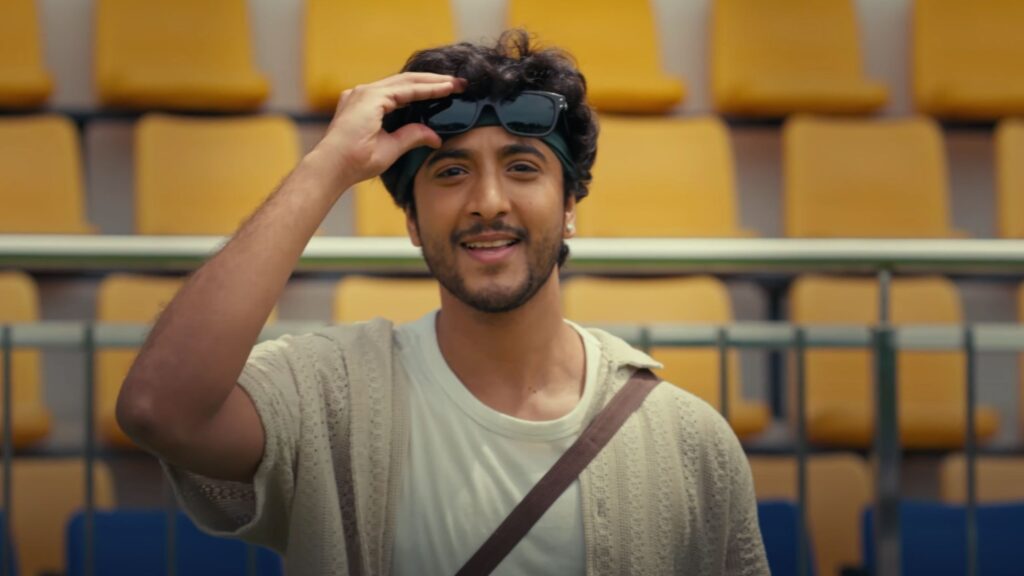
The story begins with a hard-hitting moment—Sumukha, the protagonist, witnesses the sudden death of a medical college staff member despite being surrounded by doctors. This shatters his faith in the profession, leading him to abandon his studies in his final year. Just as he processes his grief, the film abruptly shifts tone when he accidentally meets Rashika at the beach and instantly falls for her.
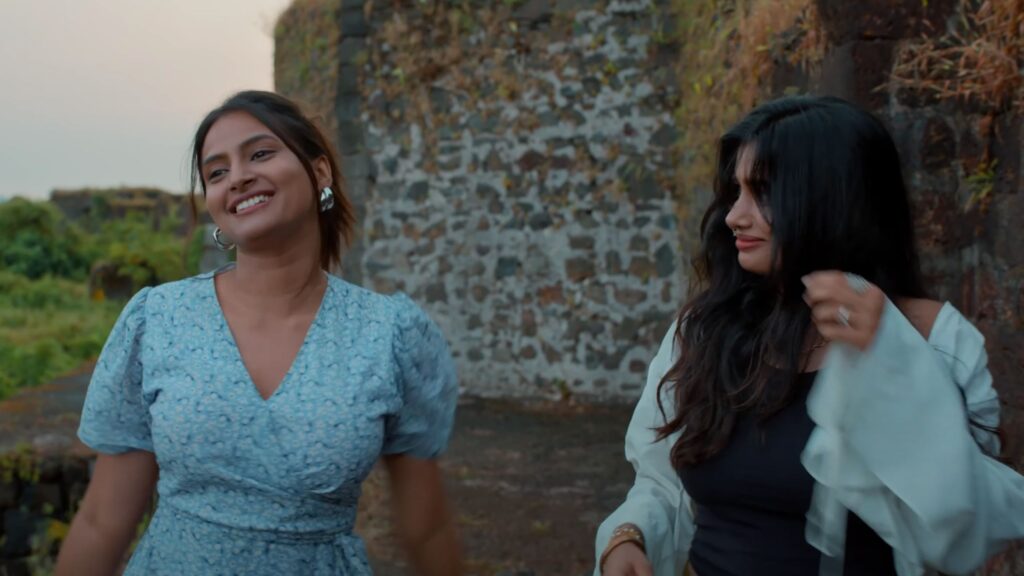
From here, the narrative takes a romantic turn, with Sumukha pursuing Rashika, only for a love triangle to emerge with the arrival of her best friend, Anjali. The film also explores tribal culture, traditional medicine, and deep philosophical musings on life and death. However, frequent tonal shifts make it more unpredictable than cohesive.
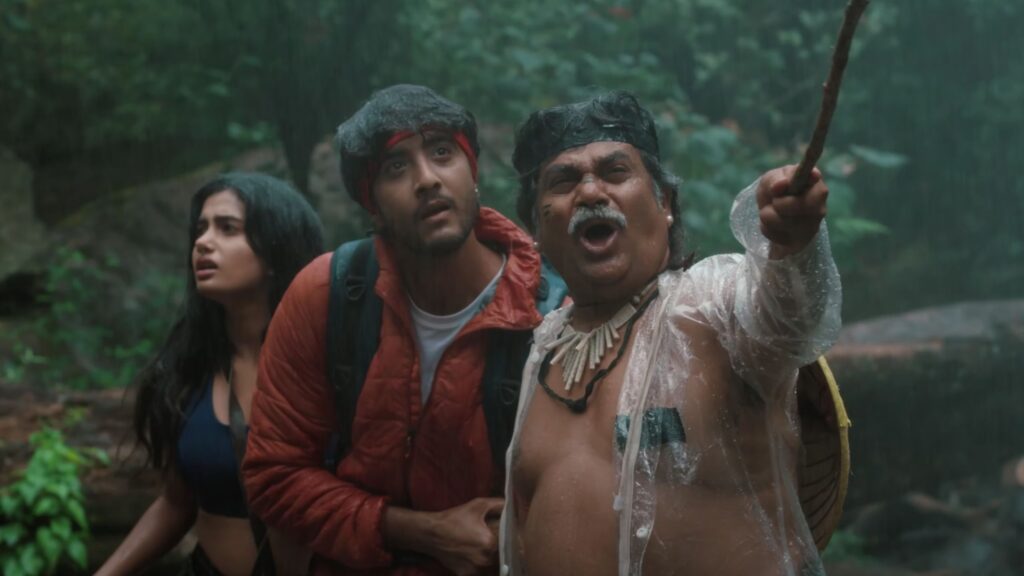
After movies like Garadi and Karataka Damanaka, Manada Kadalu brings back the OG elements of a classic Yogaraj Bhat film, evoking nostalgia with familiar characters and scenes. Sumukha embodies Bhat’s quintessential hero—much like young Ganesh and Diganth, a carefree young man, who embarks on a journey to nowhere and falls in love at first sight. Rashika and Anjali resemble the strong-willed yet emotionally vulnerable women from Pancharangi and Gaalipata. Takari (Rangayana Raghu) instantly brings back memories of Dracula from Gaalipata. With Bhat’s signature witty dialogues, the film feels deeply familiar, often inviting comparisons to his earlier works.
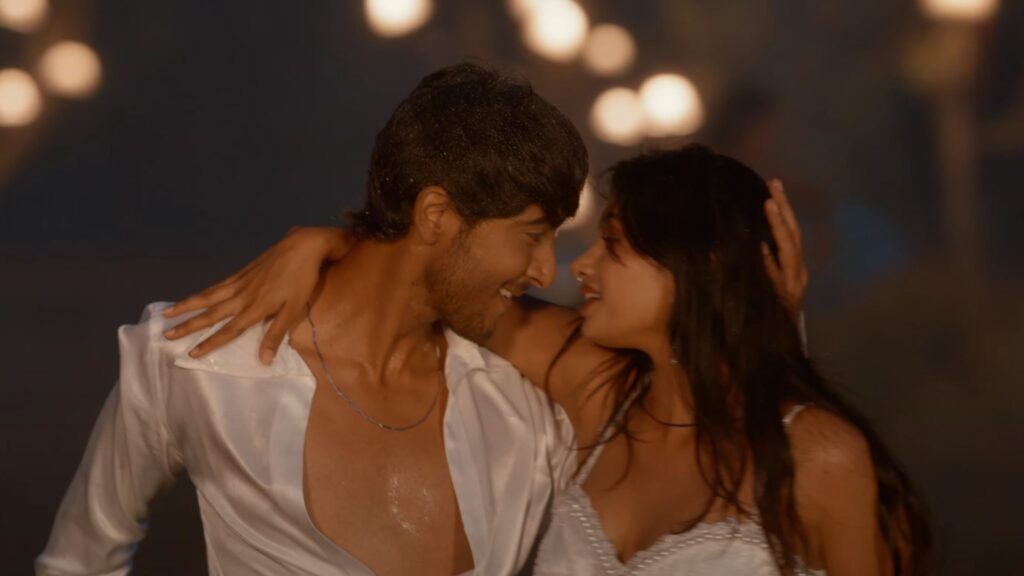
What sets Manada Kadalu apart in today’s action-heavy era is its complete absence of fight sequences—an appreciable choice. There’s no villain, only circumstances driving the conflict. While refreshing, the film still may not resonate with everyone, particularly due to its excessive use of slang, woven into nearly every conversation. Though not offensive, it often feels forced—making family viewing uncomfortable and leaving others wondering if it truly reflects modern youth lingo or if it was forced to appear trendy. Despite its strong messaging and philosophical depth, this overuse of slang dilutes its universal appeal.
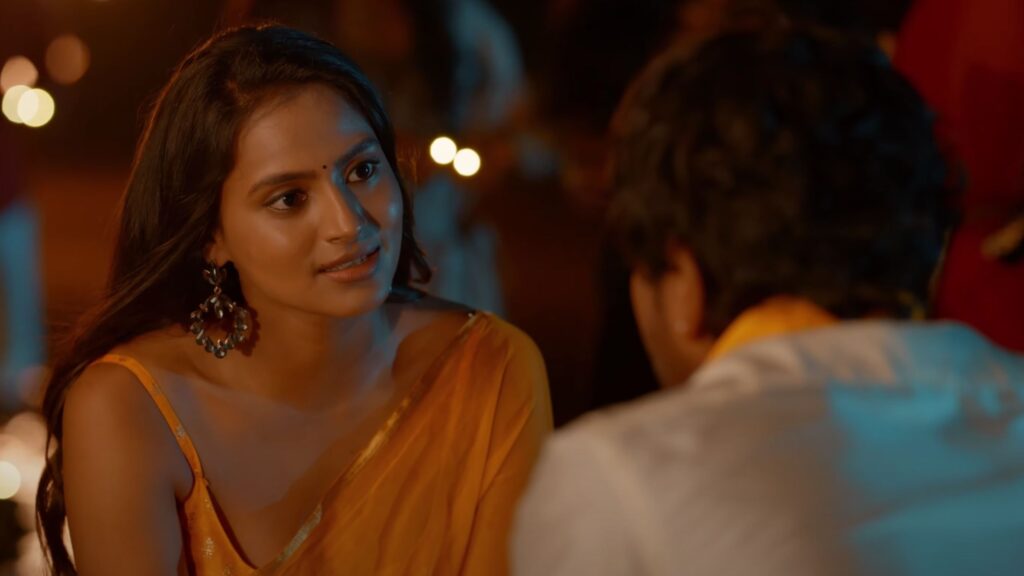
Flaws aside, Manada Kadalu remains engaging. Newcomers Sumukha, Rashika, and Anjali deliver promising performances, backed by seasoned actors like Dattanna and Rangayana Raghu. Sumukha and Rashika, in particular, prove they are here to stay. Visually, the film is stunning. Bhat’s strength has always been showcasing breathtaking locations, and this film is no exception. The cinematography beautifully captures natural landscapes—hills, sea, and rain—though artificial sets struggle to match nature’s beauty. Musically, the background score blends seamlessly with the narrative, elevating key moments, but the songs fail to leave a lasting impact.
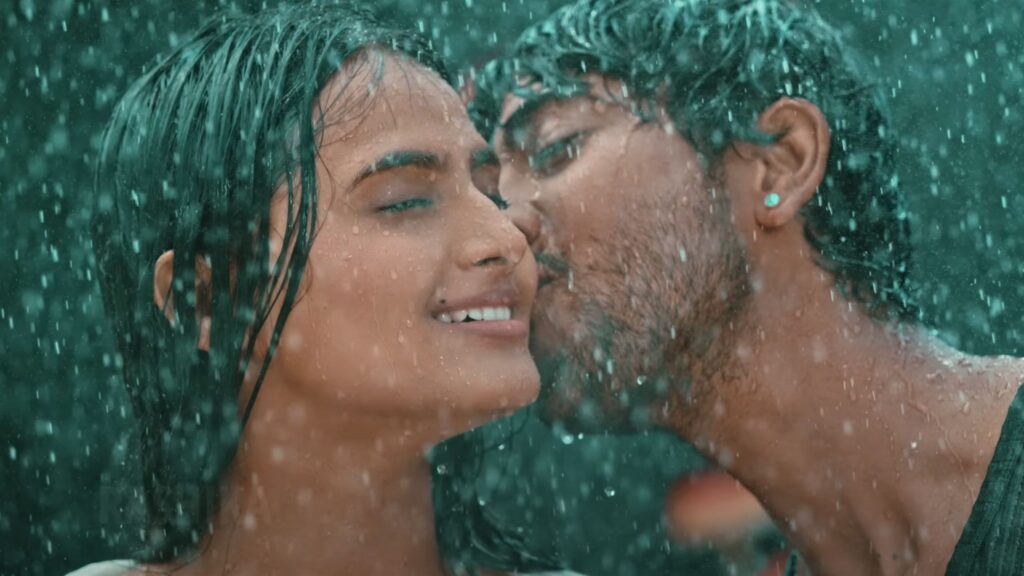
The film unfolds like a bedtime story, carrying the essence of a “once upon a time, there lived a king with two wives” fable while staying relevant to today’s generation—the ones often uncertain about life’s direction. By the end, the protagonist delivers a reflective monologue on history, generational gaps, relationships, inner light, and the philosophy of life and death. This heartfelt conclusion leaves the audience with a sense of closure, walking away with a positive takeaway.


